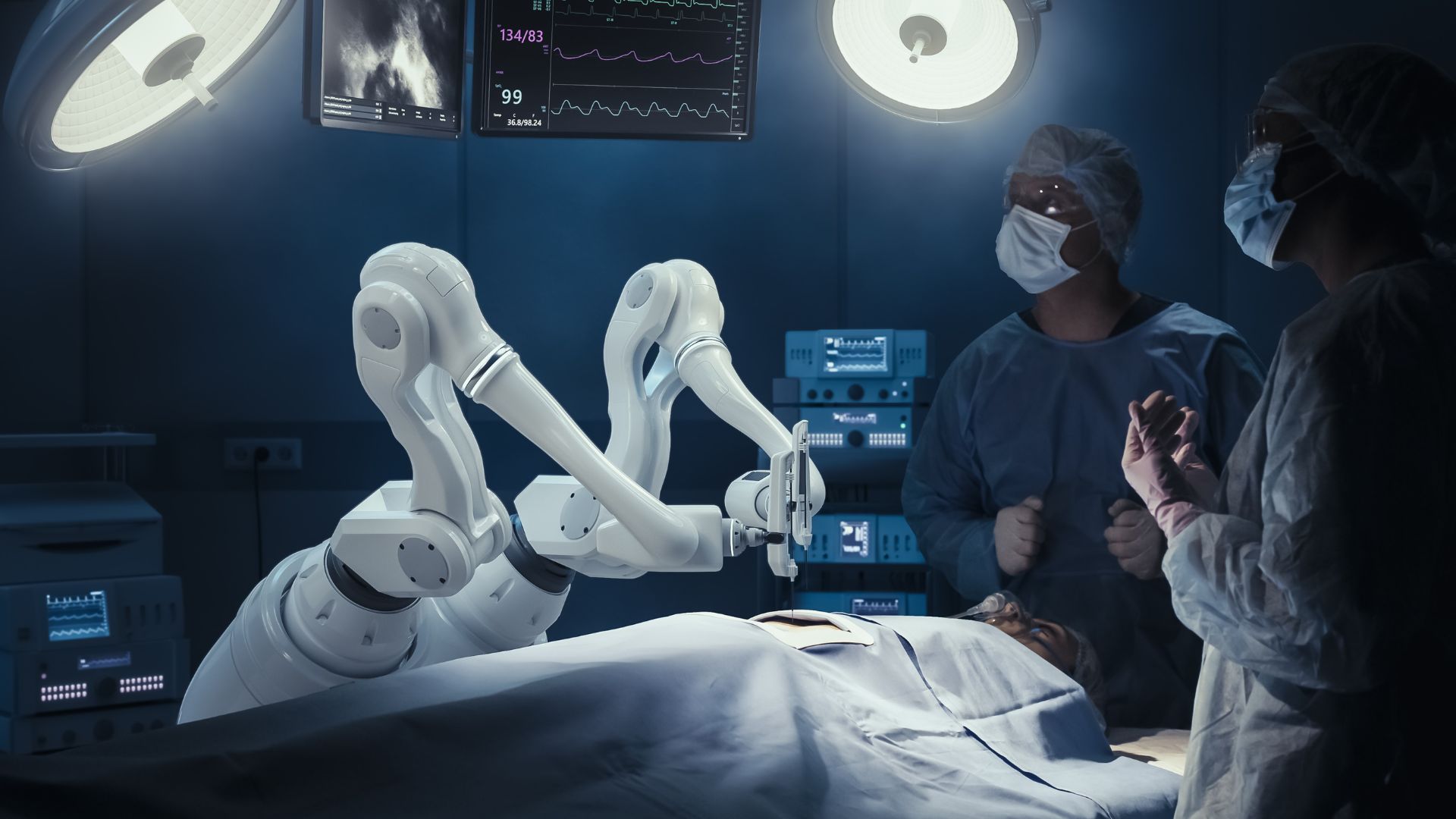Bussiness
98% survival rate in 400 robotic surgeries: Saudi hospital sets landmark

Saudi Arabia’s King Faisal Specialist Hospital & Research Centre (KFSH&RC) has announced a major milestone in its Robotic Cardiac Surgery Program.
It has achieved a 98% survival rate across 400 robotic cardiac surgeries performed since the program’s inception in February 2019. This milestone solidifies the hospital’s position as a global leader in robotic cardiac care.
The hospital reports significant improvements in patient outcomes compared to traditional surgical methods.
According to the hospital, robotic surgeries have led to reductions in blood transfusions and the duration of mechanical ventilation. This, in turn, allows patients to recover faster and experience fewer complications.
Moreover, the minimally invasive nature of robotic procedures has significantly shortened hospital stays by over 50%.
This reduction in hospital stays also translates to a 40% decrease in overall costs compared to conventional methods. Besides, it allows patients to return to their daily lives more quickly.
Leading the way
KFSH&RC’s Robotic Cardiac Surgery Program has been at the forefront of innovation. It has tackled a wide range of complex cardiac conditions.
The hospital has successfully performed robotic multi-valve operations, aortic valve replacements, and other intricate procedures.
Its journey in robotic cardiac surgery began with 105 procedures in its first year. Since then, the program has evolved rapidly, encompassing 400 successful surgeries to date.
The program has also successfully performed robotic procedures on high-risk patients such as children under 18, those with morbid obesity, and those requiring redo surgeries.
Notably, KFSH&RC stands as the “only” hospital globally to perform robotic cardiac surgeries on children.
This latest achievement celebrates the expertise of KFSH&RC’s surgical team. “Proud of our team who has participated in this success,” said Feras Khaliel from KFSH&RC. “Thanks to our cardiologists who keep referring patients to minimal invasive and robotic cardiac surgery approach.”
Rise of robotic surgery
The development aligns with a global shift towards value-based healthcare, which emphasizes better patient outcomes and cost-efficiency.
Interestingly, robotic surgeries or use of robots for surgeries have been gaining ground across the world. Recently, an Indian robotics firm launched an AI-powered medical robot, Misso, that will help in orthopedic surgeries.
According to the company, Misso will assist surgeons with personalized pre-planning and precise cutting for joint replacements.
Earlier, AiM Medical Robotics (AiM) had unveiled an MRI-compatible surgical robot, which will facilitate intelligent intraoperative surgical planning and guidance through real-time soft tissue imaging.
While the initial cost of robotic surgery may be higher due to the specialized instruments involved, the long-term benefits in terms of reduced complications, shorter hospital stays, and improved quality of life have proven to be invaluable.
Hospitals can continue to embrace robotic technology and set new standards for patient care and surgical excellence, paving the way for a healthier future.
ABOUT THE EDITOR
Aman Tripathi An active and versatile journalist and news editor. He has covered regular and breaking news for several leading publications and news media, including The Hindu, Economic Times, Tomorrow Makers, and many more. Aman holds expertise in politics, travel, and tech news, especially in AI, advanced algorithms, and blockchain, with a strong curiosity about all things that fall under science and tech.


)






